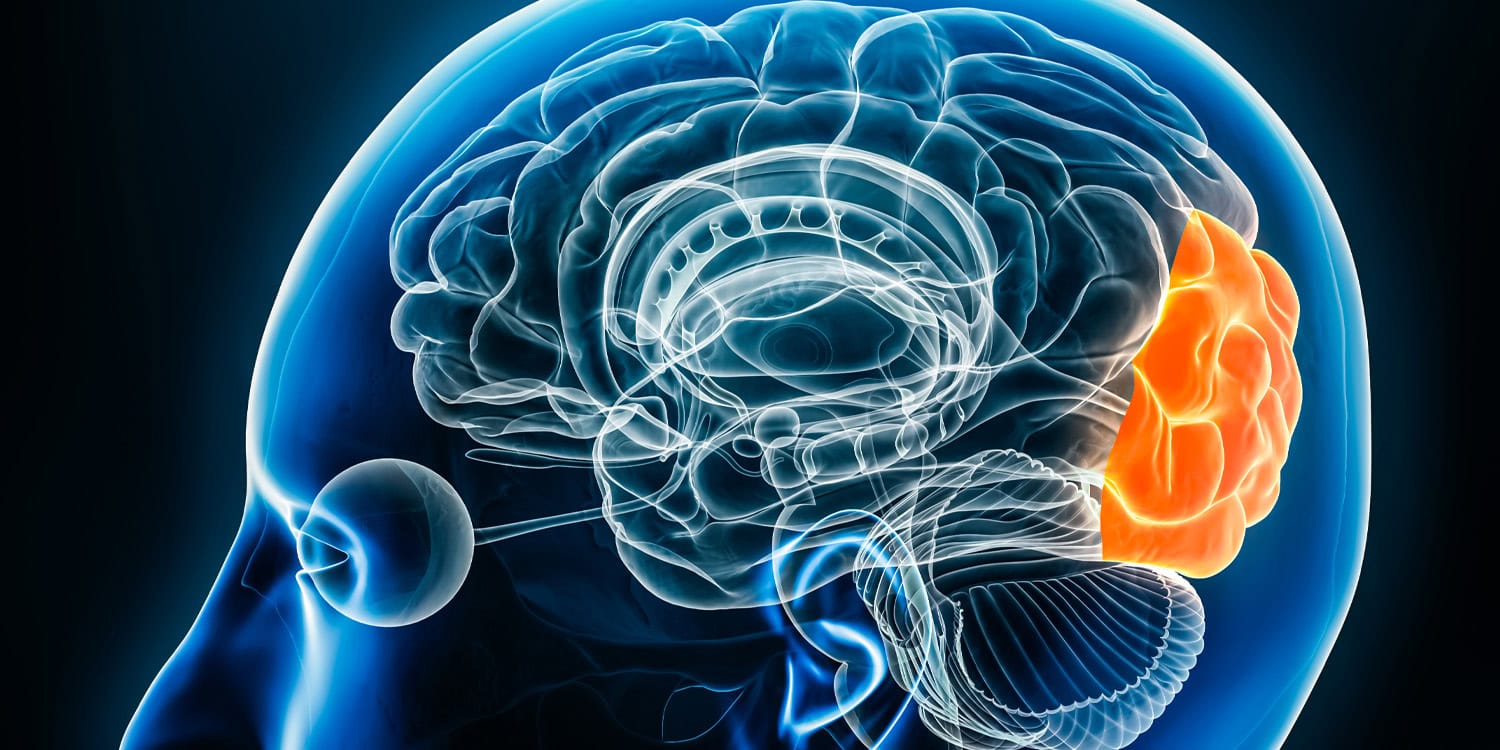Scientists Discover Slow Neural Dynamics in Depressed Individuals
The Unveiling of Slow Neural Dynamics in Depression
The recent study published in the Journal of Affective Disorders reveals groundbreaking insights into the slower and less variable neural activity in the visual cortex of those battling major depression. This discovery is not just an isolated observation but shines a beacon on how neural dynamics are intimately tied to the severity of depressive symptoms.
The Impact of Neural Slowness on Visual Processing
It was found that individuals with depression exhibit a marked slowdown in processing visual information within the occipital cortex, raising fascinating questions about the interplay between vision and emotional health. Is it possible that what we see — and how we process it — may amplify or perhaps even alleviate depressive symptoms?
"The eye sees only what the mind is prepared to comprehend." - Robertson Davies
Notable Findings from the Study
- Researchers observed a correlation between the severity of depression and reduced visual cortex activity.
- Both resting state and reactive visual processing were significantly slower in depressed individuals.
- This reduced activity may contribute to the cognitive symptoms often reported by those with depression, such as difficulty concentrating and a general feeling of mental fog.
Brain Imaging Techniques Utilized
Advanced neuroimaging techniques, including functional MRI, played a crucial role in this study. These imaging modalities allow researchers to observe brain dynamics in real-time, leading to these pivotal discoveries. Explore more about this advanced technology, which is shedding light on many mental health conditions.

Image Credit: PsyPost
Implications for Treatment and Therapy
The findings from this study suggest potential for new treatment pathways that could target visual processing deficits in depression. For example, therapies focusing on visual and cognitive rehabilitation may help recalibrate these slowed dynamics, providing a fresh avenue for enhancing mental health interventions. This aligns with innovative approaches in mental health care explored in several recent white papers.
Further Exploration of Depression and Neural Activity
These findings open the door for more research into how changes in the brain's visual processing might intersect with other cognitive functions. By understanding how different regions similarly or differently respond in depressed individuals, we could unlock better-targeted treatments. Stay updated with professional articles on LinkedIn discussing the latest findings in this area.
Crucially, it's hoped that such discoveries will inspire more curiosity and deeper investigations into how other senses or brain areas might be similarly impacted by depression, potentially leading to a holistic understanding and treatment of this pervasive condition.
